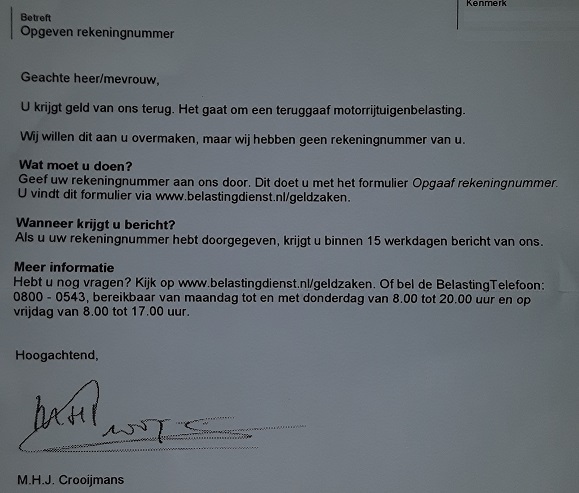
It’s a miracle I’m not pounding my head against a wall, moaning in despair.
Bas Roelman, a journalist for Trouw newspaper, published today about a report by marketing research firm Motivaction, claiming that a majority of the Dutch believe in miracles. Upon reading that, I sat up in shock: are the straits of Dutch superstition really that dire?
Reading the first paragraph, it seems to be true: 63% of the Dutch population believe in miracles to some extent; only 32% do not believe in miracles at all.
It took me halfway through the piece before the truth transpired (emphasis mine):
Most people define a miracle as a scientifically unexplainable or supernatural event. Some include near-death experiences, prophetic dreams, spiritual experiences, and childbirth.
Er… what?
Must I really take from this article that a third of the Dutch population do not believe in childbirth? That six million people doubt the phenomenon of not-quite-dying?
Or…
Could it perhaps be that the researchers have mashed up truly inexplicable events, with mundane occurances that are sometimes called ‘miracles’ in daily parlance?
After all, it makes a huge difference what kind of miracles peope mean when they say they believe in them.
For let’s face it: you can call childbirth a ‘miracle’, but that baby will come out whether or not you believe in the phenomenon. Saying you ‘believe’ in the miracle of childbirth is either bollocks, or a sign you’ve not payed sufficient attention in biology class. You can consider childbirth a kind of miracle, but that’s something completely different than believing in it.
And of course, the fact that people sometimes narrowly avoid death is an indisputable fact. Their subjective experience of lit tunnels and perished love ones is a whole other level. In this case, too, the distinction is very relevant: do the questioned Dutch ‘believe’ that near-death experiences exist, or do they mean their belief that the inexplicable experiences are real?
Long story short: the report has some serious shortcomings. Without the distinction between ‘i think it’s a miracle when a child is born’ and ‘it’s a miracle that this healer cured my cancer’, the reported 63% is entirely meaningless.
It can come as no surprise, therefore, that the research was sponsored by two Dutch evangelical tv stations, and a MChristian museum.
Bias, much?
